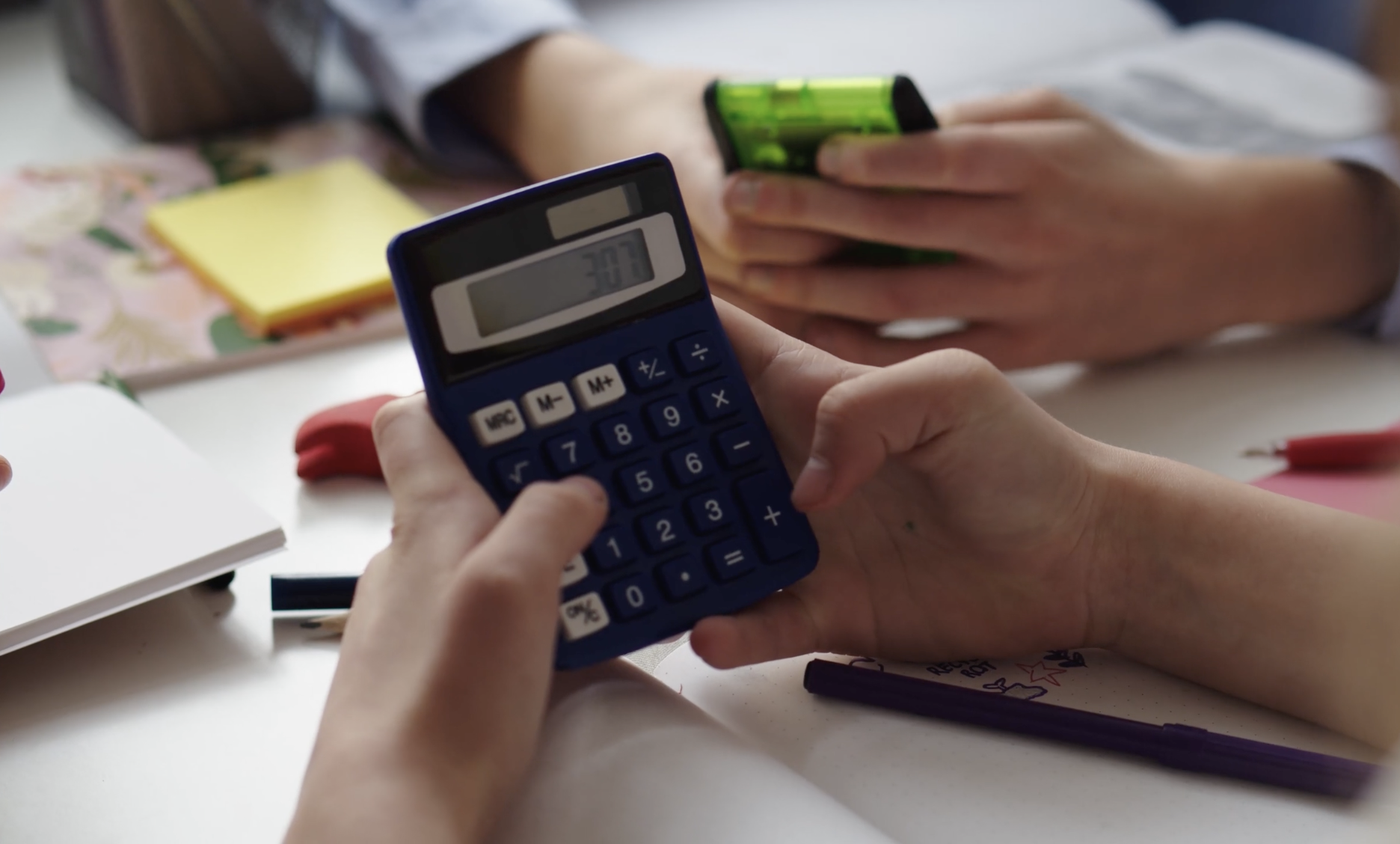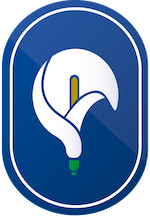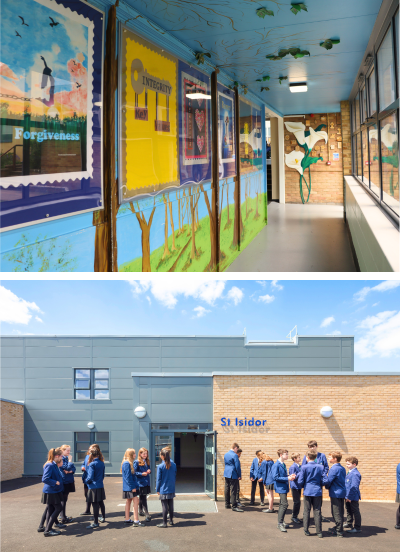The best that has been thought:
- Students understand financial challenges and problems.
- Students model situations mathematically to support statistical analysis and evidence-based decision making
- Students express arguments in a mathematical sense
- Students interpret graphical and diagrammatic representations
The best that has been said:
- Students study the ideas of Pythagoras, Euler, Fibonacci, Descartes, Archimedes and Turing
An appreciation for human creativity:
- Much of the early mathematical concepts (and the curriculum at KS3 & 4), developed alongside ancient civilisations weaving its way through Mesopotamia, Egypt, Greece, China, India, the Islamic world and into renaissance Europe. Much of the KS3/4 therefore is derived from a diverse cultural landscape. For example, the word ‘algebra’ is derived from the Arabic mathematician ‘Al-Jabr’ and our decimal system also has its roots in Indo-China. Whilst much of modern mathematics and technological applications are predominantly developed in the ‘West’ its roots are truly multi-cultural. It’s important to reflect/celebrate the global and cultural contribution to the field of Mathematics when introducing new material.
An appreciation of human achievement:
- Mathematical reasoning (analogous to the scientific method)
- Problem solving (critical thinking)
- Cognitive, social and linguistic use of mathematical vocabulary to build a mathematical argument, justification or proof.
Cultural capital in Maths builds students who go out into the world ready to analyse and solve problems. Students approach number with fascination and are resilient when faced with complex problems.





